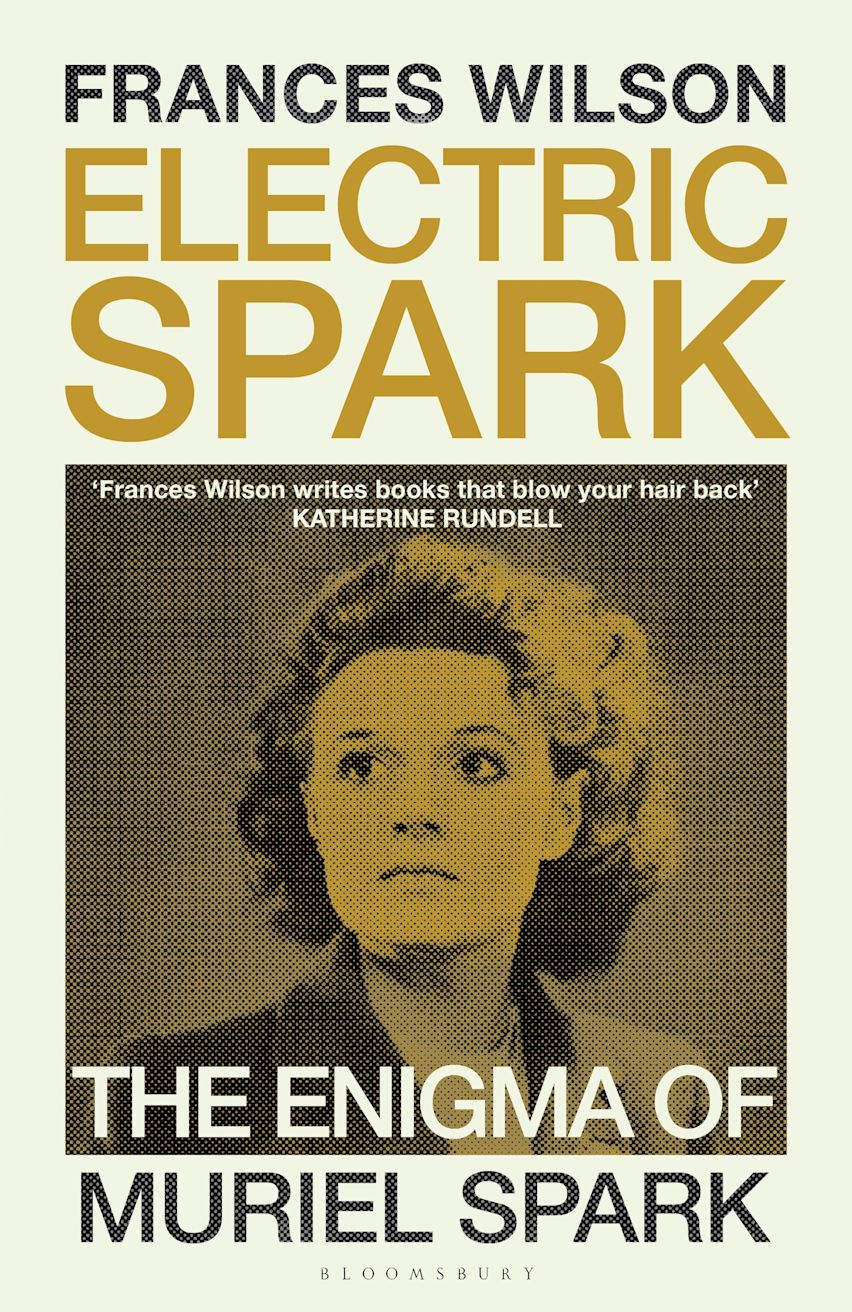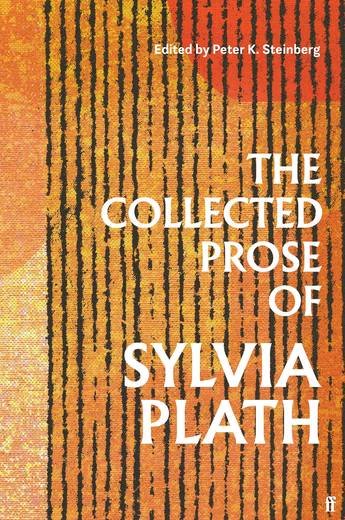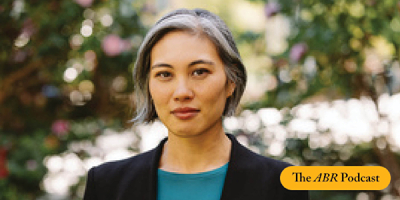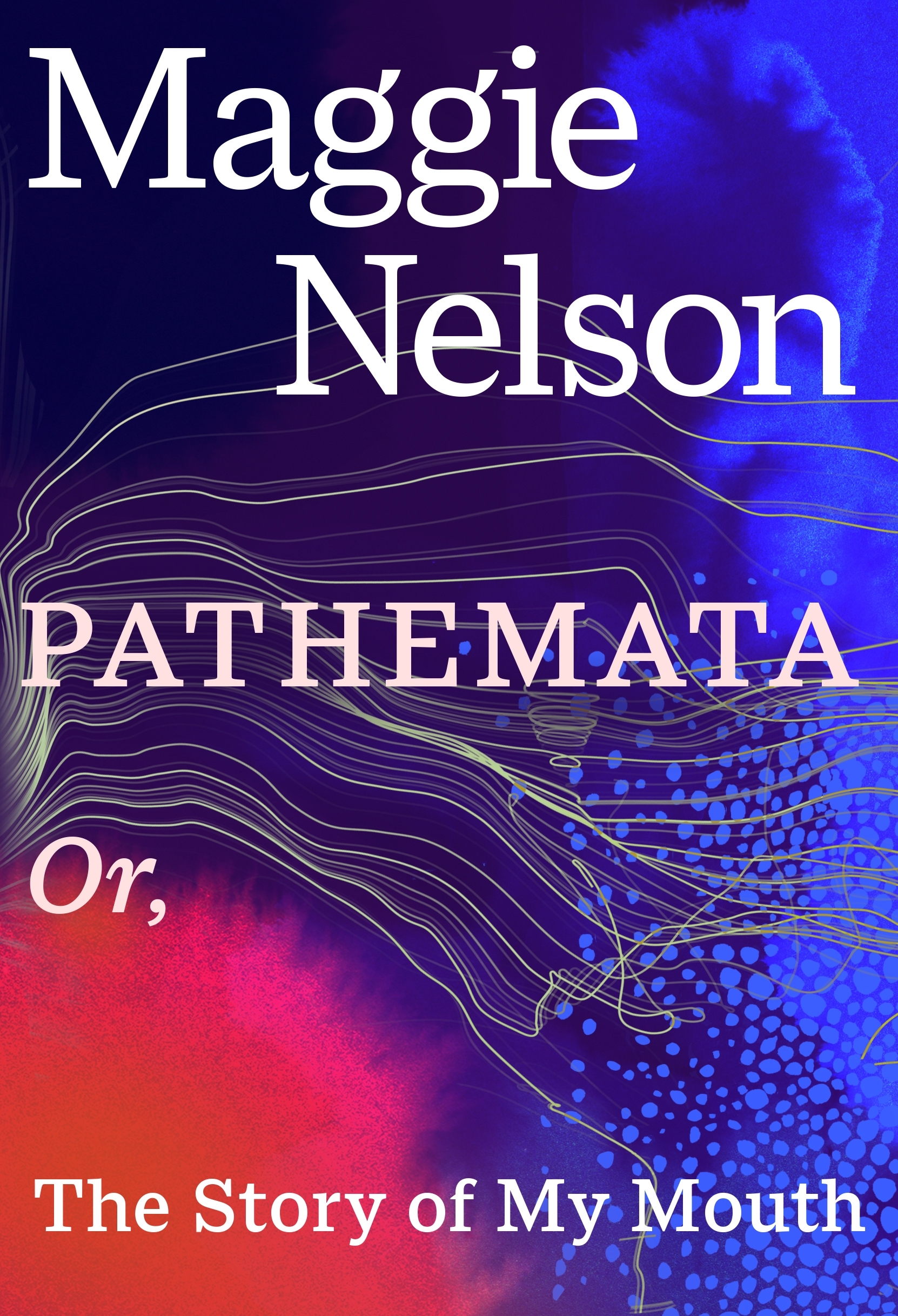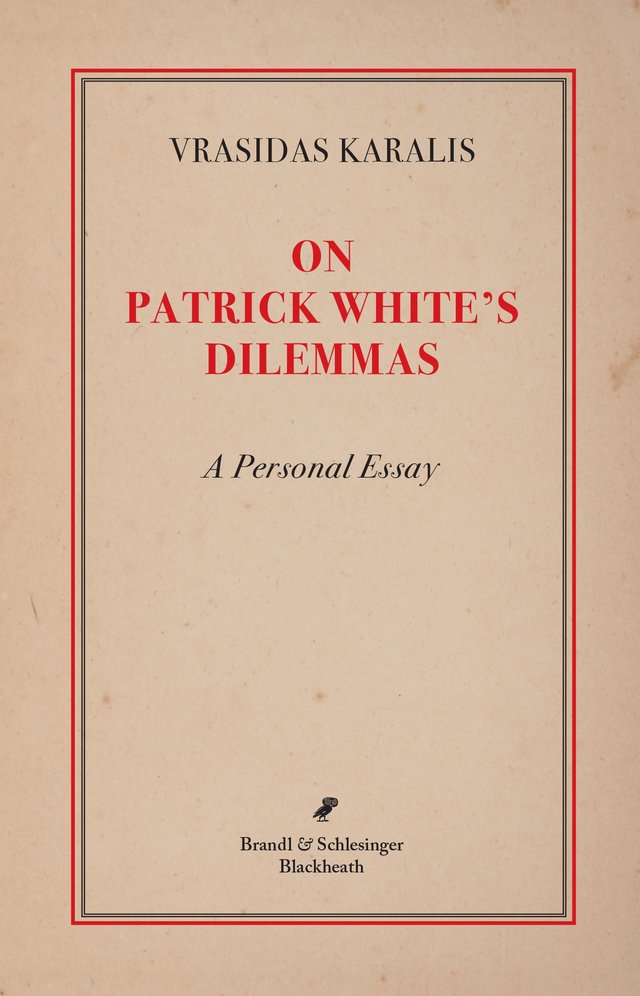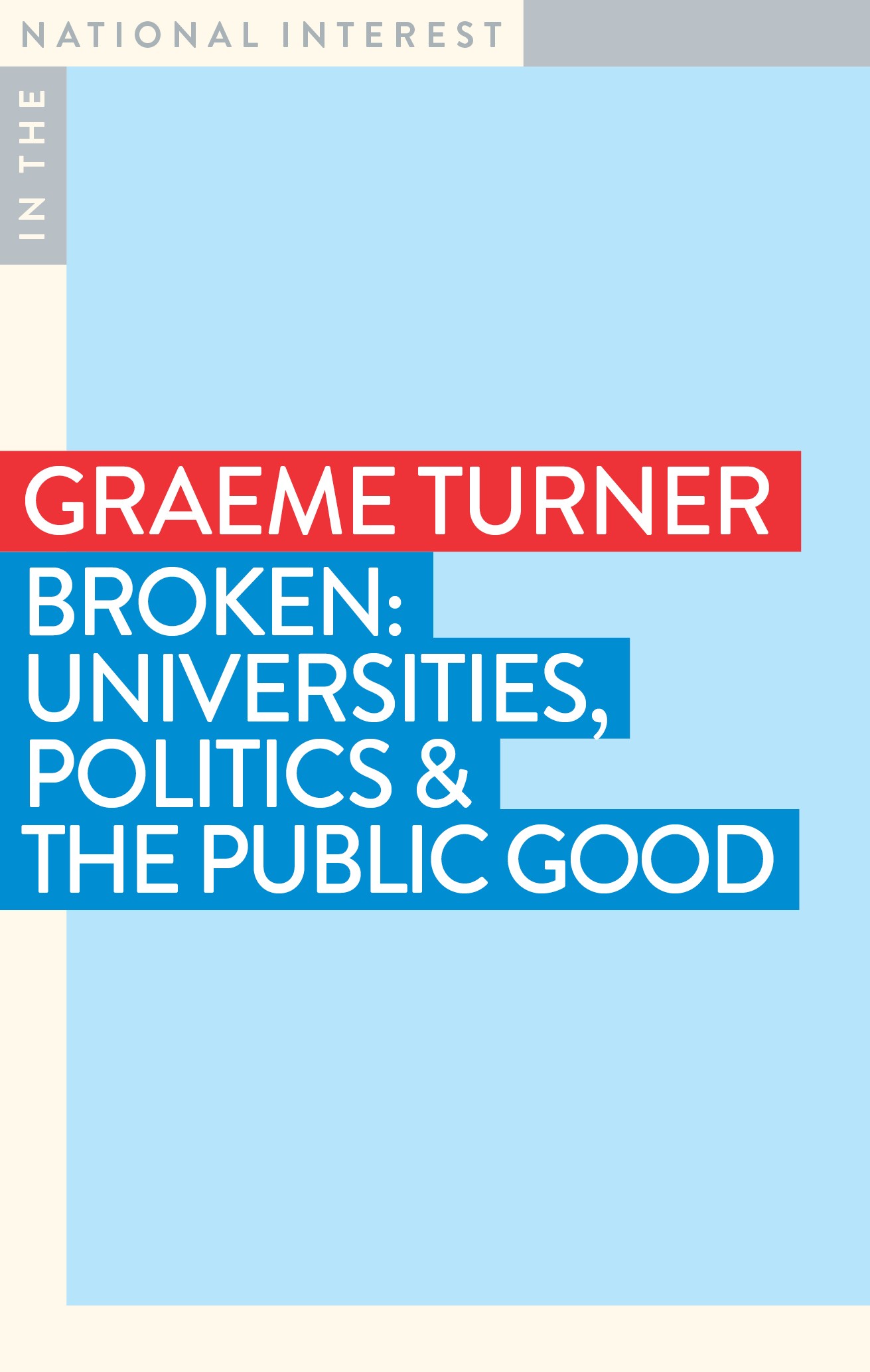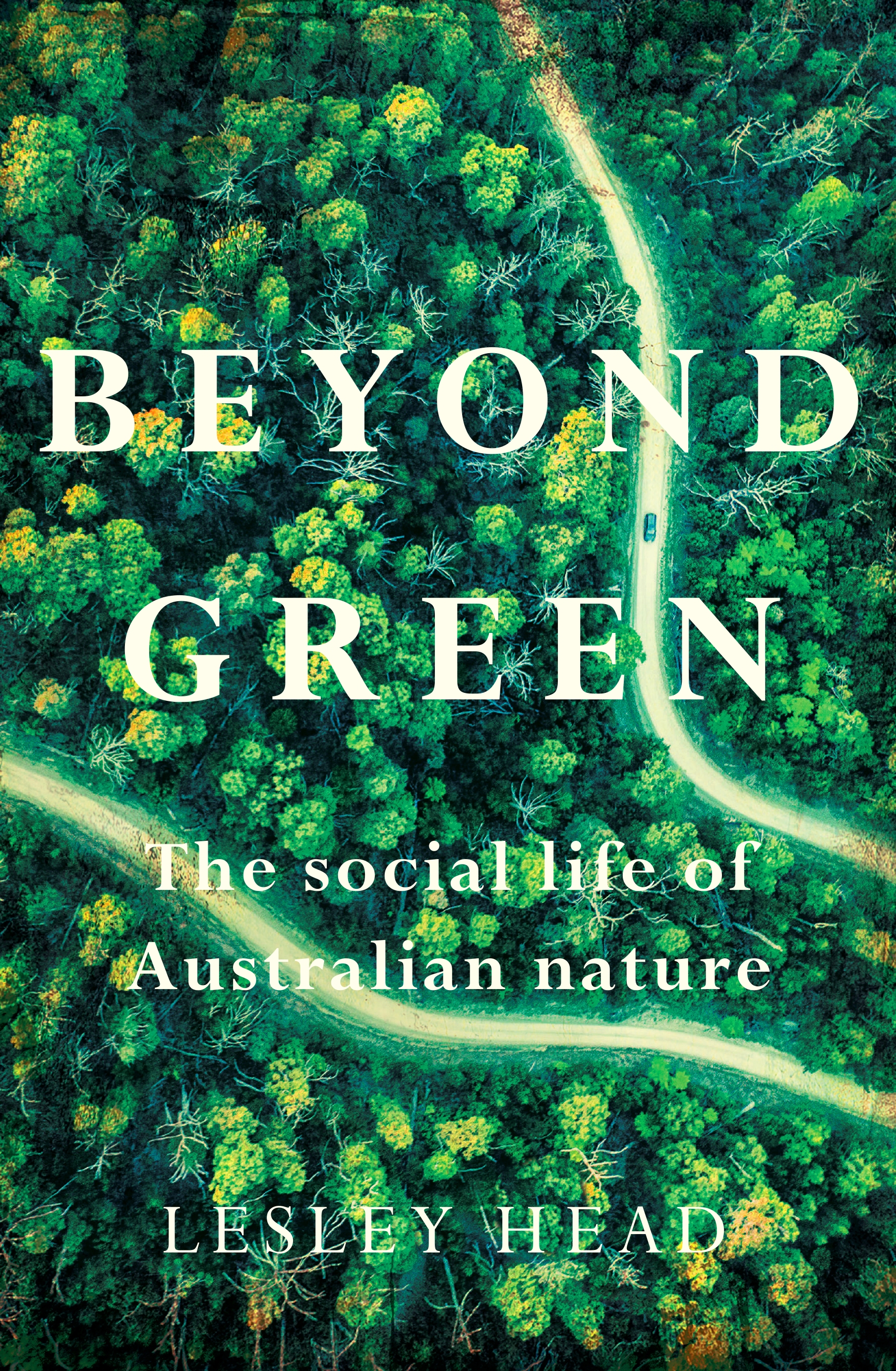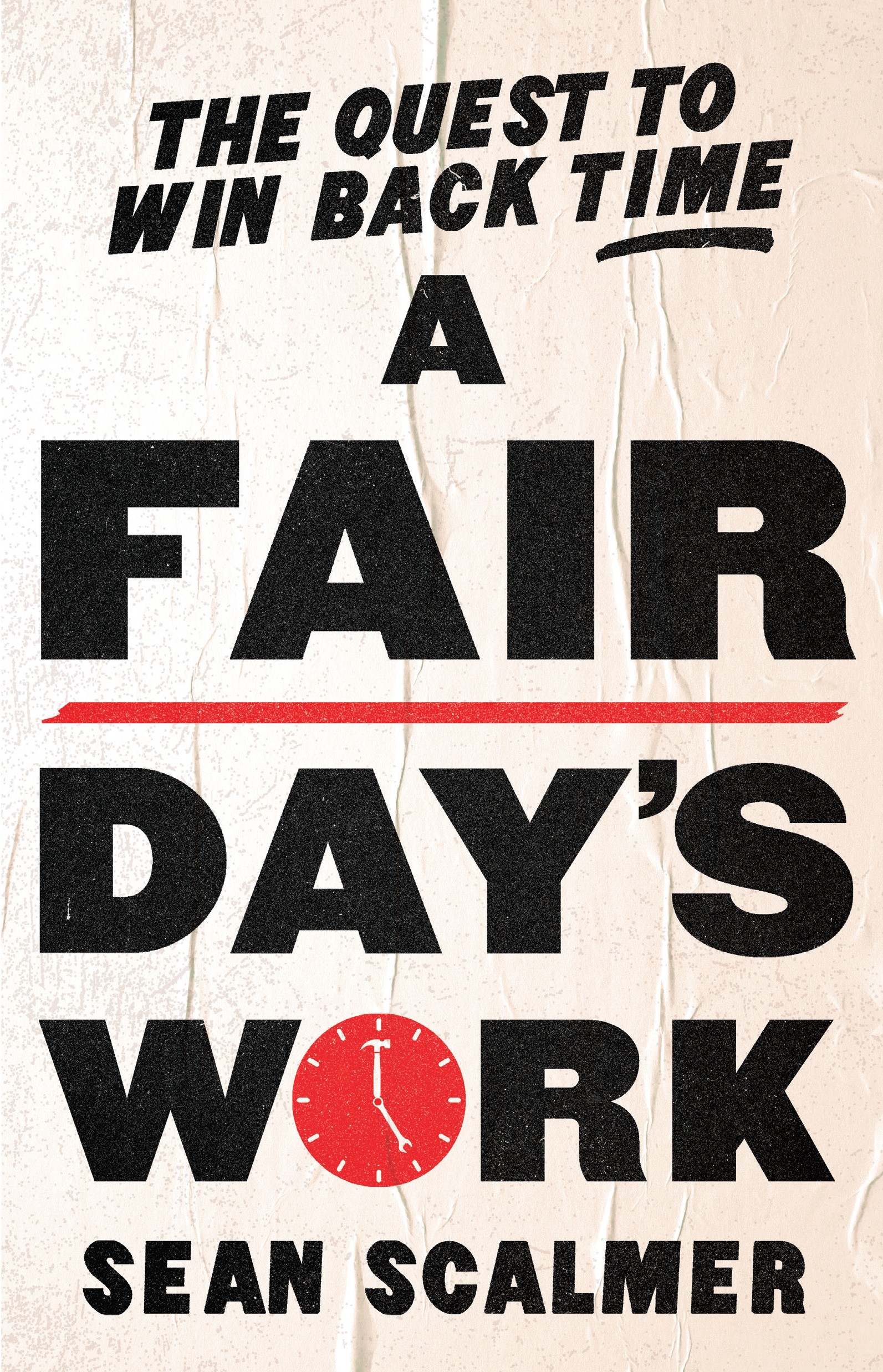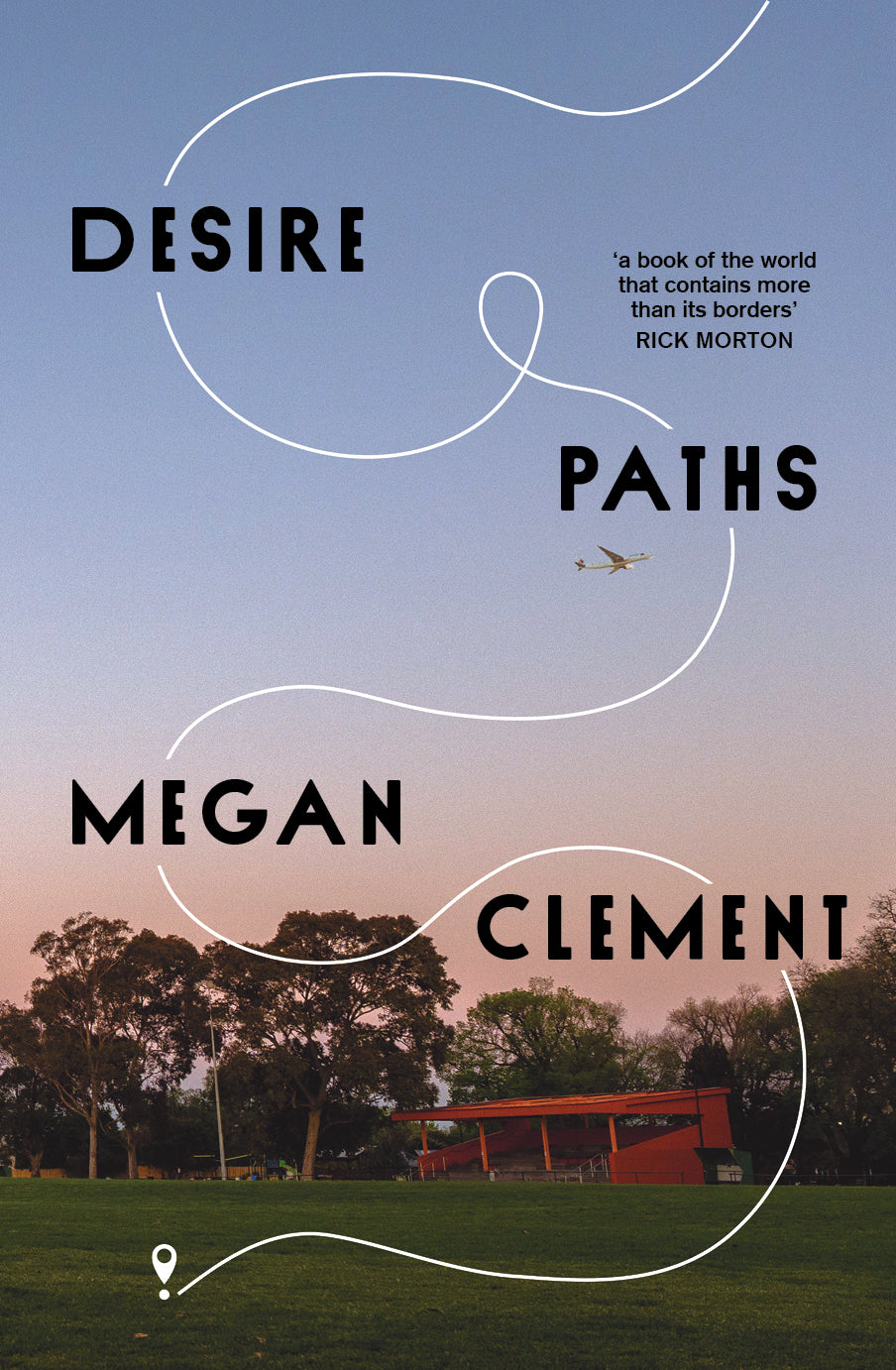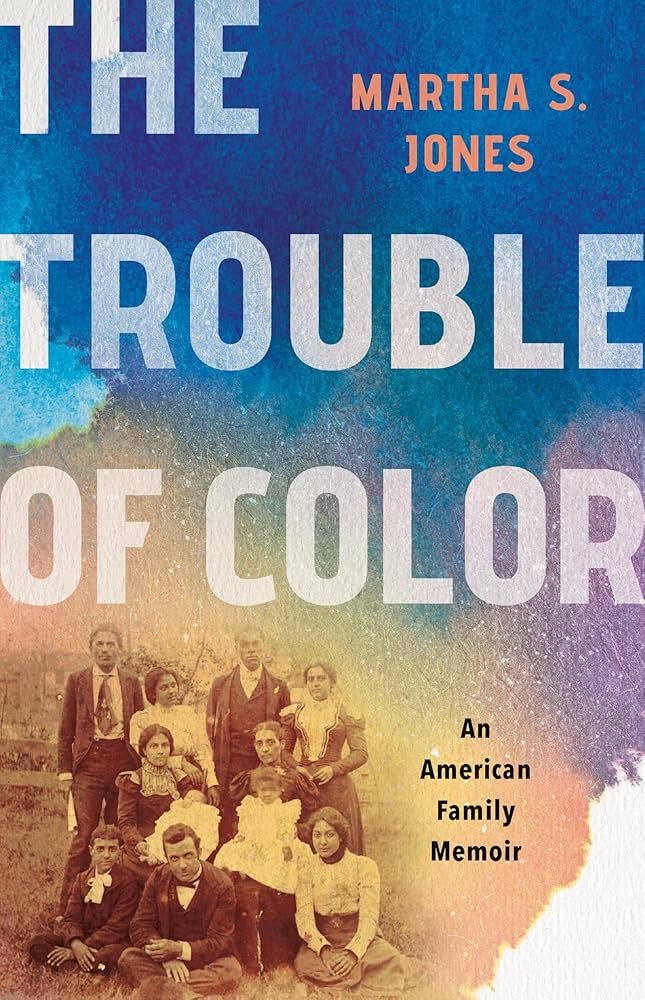Non Fiction
Some literary biographies are best known for their gestation – or malgestation. Some authors, we might go further, should have a big sign around their neck – noli me tangere. Muriel Spark is one of them. Her voluminous archive, lovingly tended all her life, is full of booby traps. Twice she went into battle with biographers: first Derek Stanford, a former lover; then Martin Stannard, whose biography of Evelyn Waugh she had admired.
... (read more)The Collected Prose of Sylvia Plath by Sylvia Plath, edited by Peter K. Steinberg & Sylvia Plath by Heather Clark
For seven years after her 1963 burial, Sylvia Plath lay in an unmarked grave near St Thomas the Apostle Church in Heptonstall, West Yorkshire. The gravestone, when it came, bore her birth and married names, Sylvia Plath Hughes, the years of her birth and death, and a line from Wu Cheng-en’s sixteenth-century novel Monkey King:Journey to the West: ‘Even amidst fierce flames, the golden lotus can be planted.’
... (read more)This week on the ABR Podcast, Lynda Ng reviews To Save and To Destroy: Writing as an Other by Viet Thanh Nguyen. Nguyen, who arrived in the United States from Vietnam as a child refugee in 1975, is the Pulitzer Prize-winning author of The Sympathizer. To Save and To Destroy is a collection of pieces Nguyen delivered for the prestigious Norton Lectures.
... (read more)At the end of Maggie Nelson’s arresting new book, she offers a disclaimer: ‘This work conjoins dream and reality; all representations of people, places and events should be understood in that spirit.’ By the second page, though, it has already become apparent that while this work is peppered with recognisable biographical details, Pathemata: Or, the story of my mouth operates in new terrain. Here the limits of reality and dream are at times sufficiently porous that one wonders whether a particular passage belongs to the writer’s conscious or unconscious life.
... (read more)On Patrick White’s Dilemmas: A personal essay by Vrasidas Karalis
‘Lonely Country’ is the term Arnhem landers use for empty or uncared-for places. Sometimes the custodians have died. In other cases, the land is simply too difficult to get to or inhabit. Whatever the reason, Lonely Country brings sadness. There is no one to burn the bush or manage it; no one to call out to the spirits of the old people who remain on their Country, isolated from the living.
... (read more)Broken: Universities, politics and the public good by Graeme Turner
Are universities hated by government? Yes, according to a member of the Morrison government, who reportedly said as much to journalist George Megalogenis in 2021. The Morrison government’s attacks on the universities and particularly the humanities were blatantly ideological. After three years in office the extent of the correction by the current Labor Government remains unclear.
... (read more)The idea of ‘green politics’ is implicitly self-limiting. Unlike the blue that we associate with the right, or the red we associate with the left, green is taken to refer to the substance of a political ideology: to the natural world of plants and trees, to ‘pristine’ nature and ‘unspoiled’ wilderness. As such, it tends to reproduce a simplistic distinction between humanity and nature – a distinction that is inseparable from the very environmental crises through which green politics proposes to steer us. Consciously or otherwise, environmentalism is constructed as something to do with the world’s ‘green spaces’, as opposed to a politics of human transformation.
... (read more)A Fair Day’s Work: The quest to win back time by Sean Scalmer
A Fair Day’s Work: The quest to win back time is a work of history that is both reflective and urgent. It situates the long struggle of the Australian labour movement to secure reductions in the length of the standard working week – from sixty hours a week in the 1850s to thirty-eight hours a week by the early 1980s – within the contemporary fight against the resurgent power of capital, growing economic inequality, and the shrinking of the middle class. As much as it is a historical account of Australia’s leading role in reducing working hours across the world, it is also a call to action for a new generation of working people to rediscover the fight.
... (read more)Urban planners refer to the accidental trails created by foot traffic as ‘desire paths’. These are the unintentional routes shaped by the footprints of where humans wish to go, rather than the signposted pathway. They are the barely-there tracks, sometimes right next to the concreted or cobblestone walkway, in quiet defiance of dictated procession. It is a concept ripe for writerly annexation – author Robert Macfarlane calls them ‘free-will ways’ – which journalist Megan Clement does superbly in this memoir of her beloved father’s death told through the desire paths her own life has taken – from a childhood in Stoke-on-Trent, in England, and Zimbabwe to her teenage years growing up in a leftist, working-class enclave of Melbourne and the years she spent flying between France and her dying father in Australia, until the pandemic grounded her in Melbourne, sans fresh air, human contact, and any possibility of carving out fresh footfall.
... (read more)The Trouble of Color: An American family memoir by Martha S. Jones
We are now in a time when the race crimes of the past that shored up colonisation, chattel slavery, and segregation can be more safely unravelled. Those of us whose families have been on the ‘wrong side’ of the colour line can discover the forces shaping our families and ourselves. Only in the past two decades or so have the veils of false respectability and dubious notions of human difference based on race been lifted sufficiently to allow a focus on the history of mixed-race family formations. Edward Ball’s Slaves in the Family (1998) was a joyous discovery for me, a mixed-race Aboriginal Australian who recognised the same pattern, every generation having both black and white relations in our families.
... (read more)

